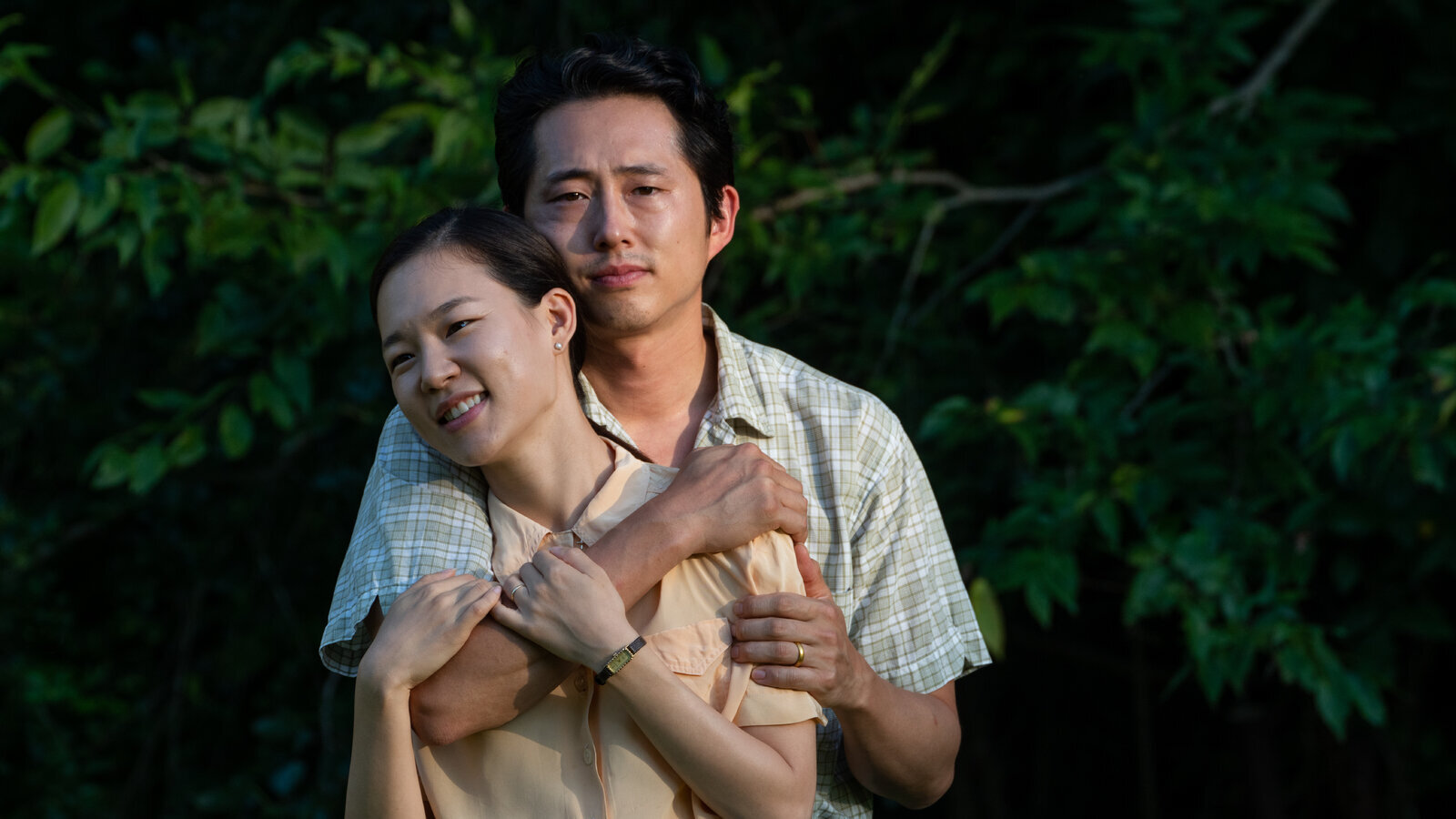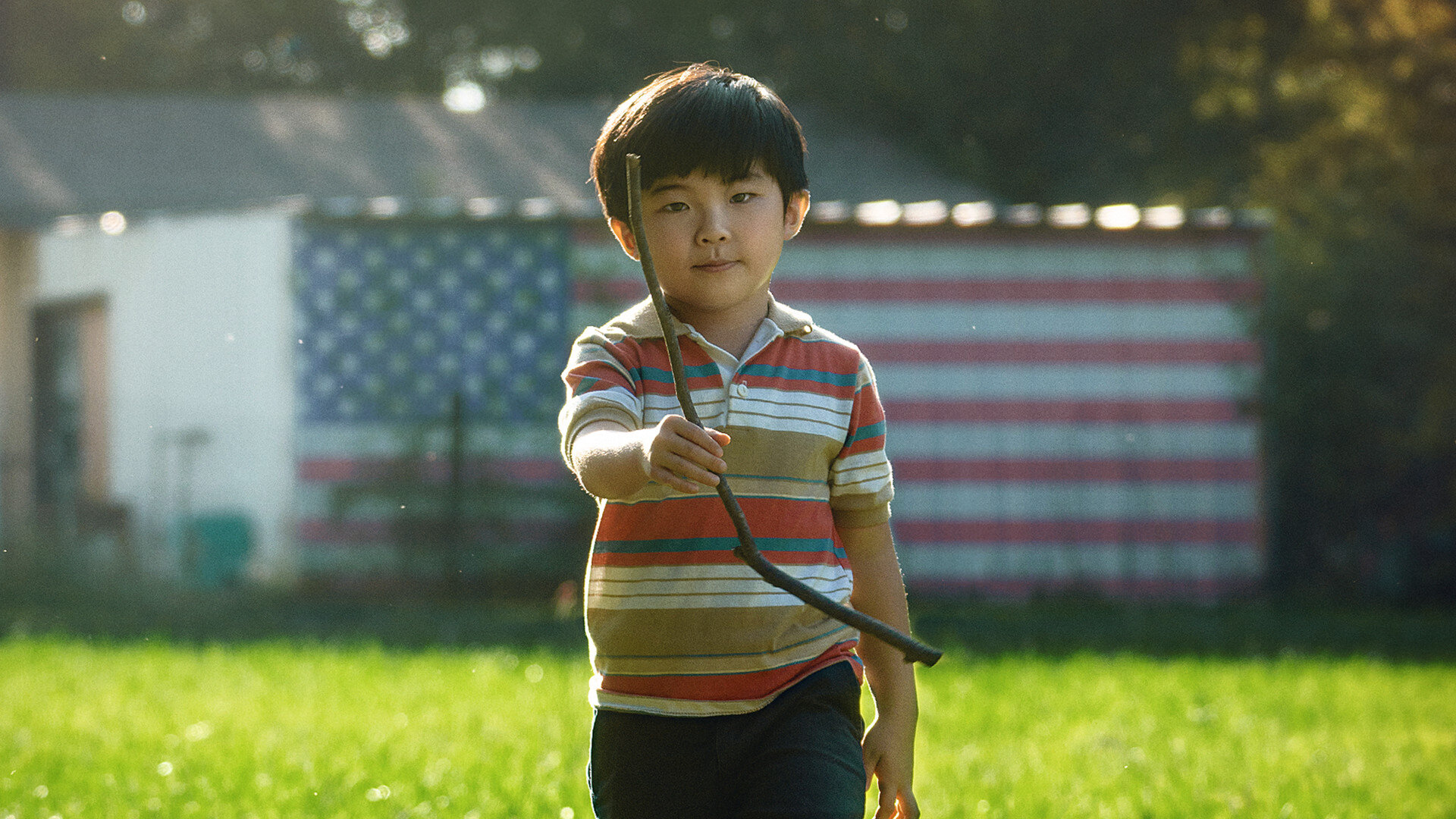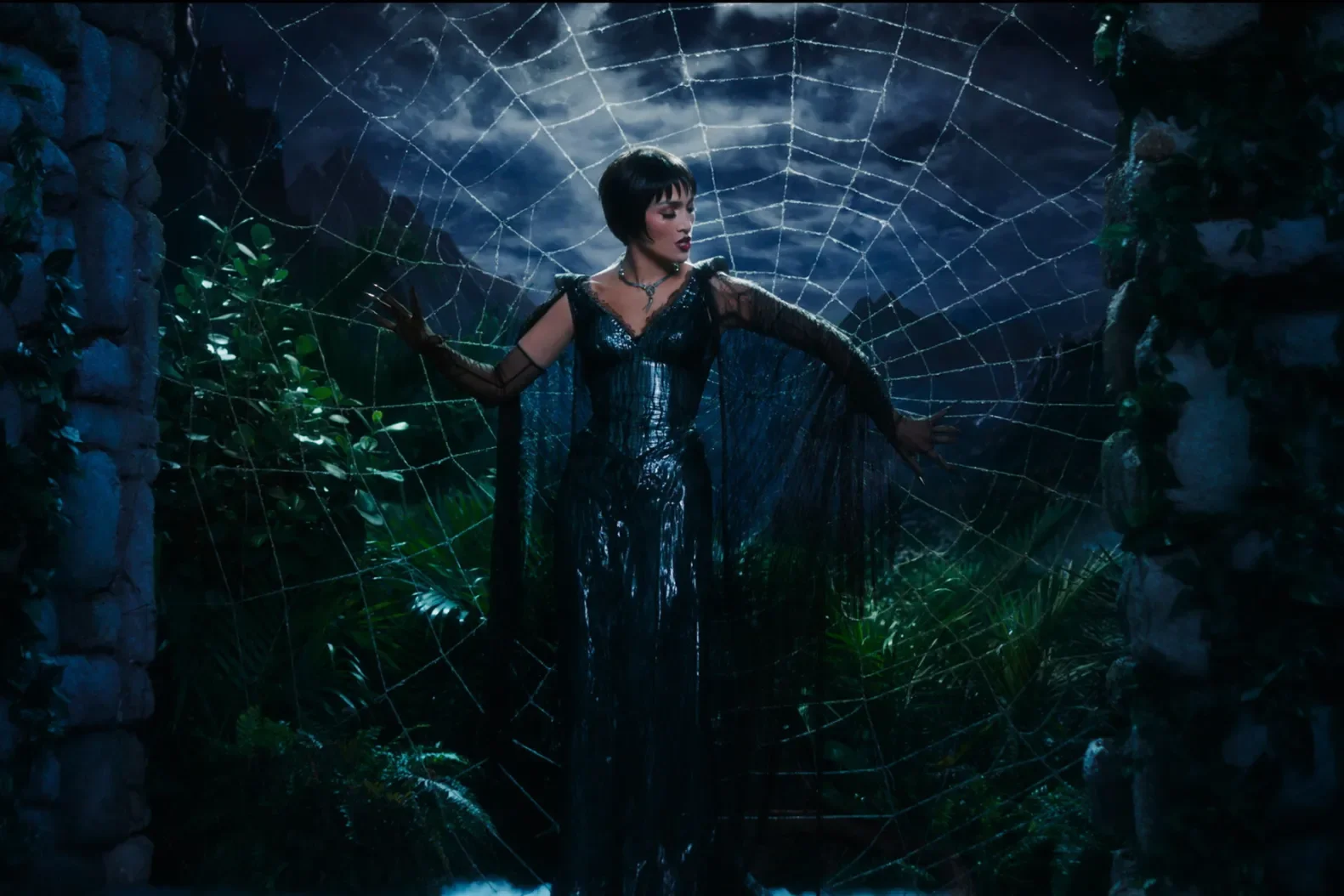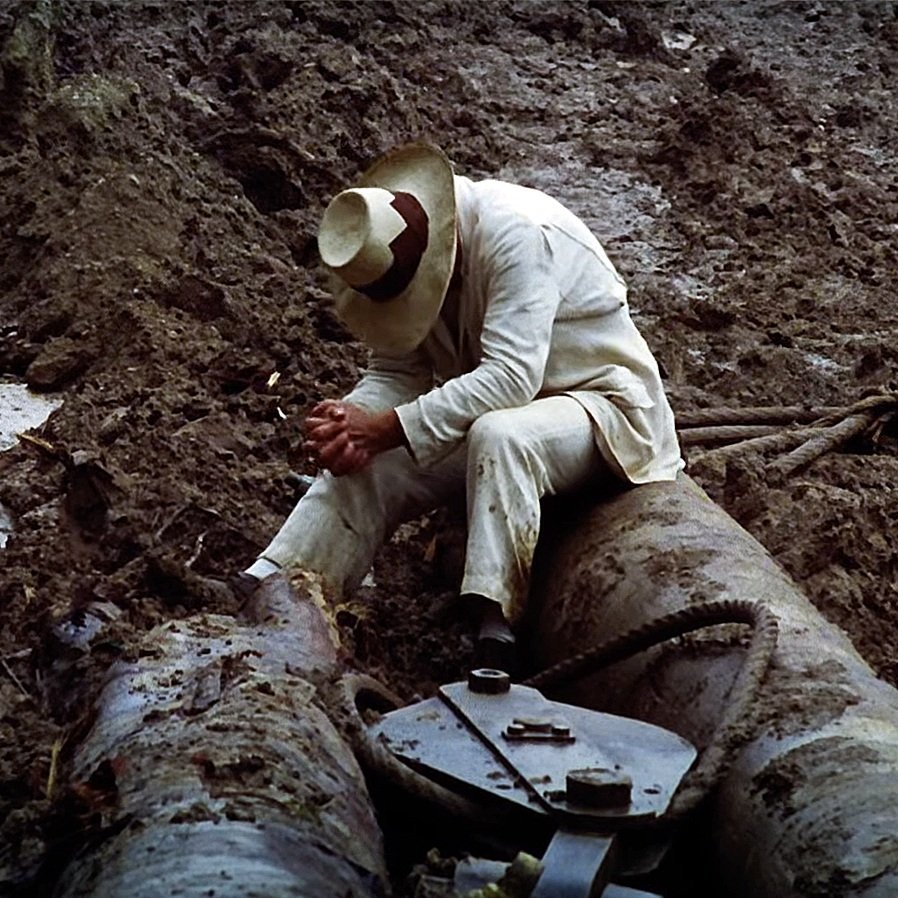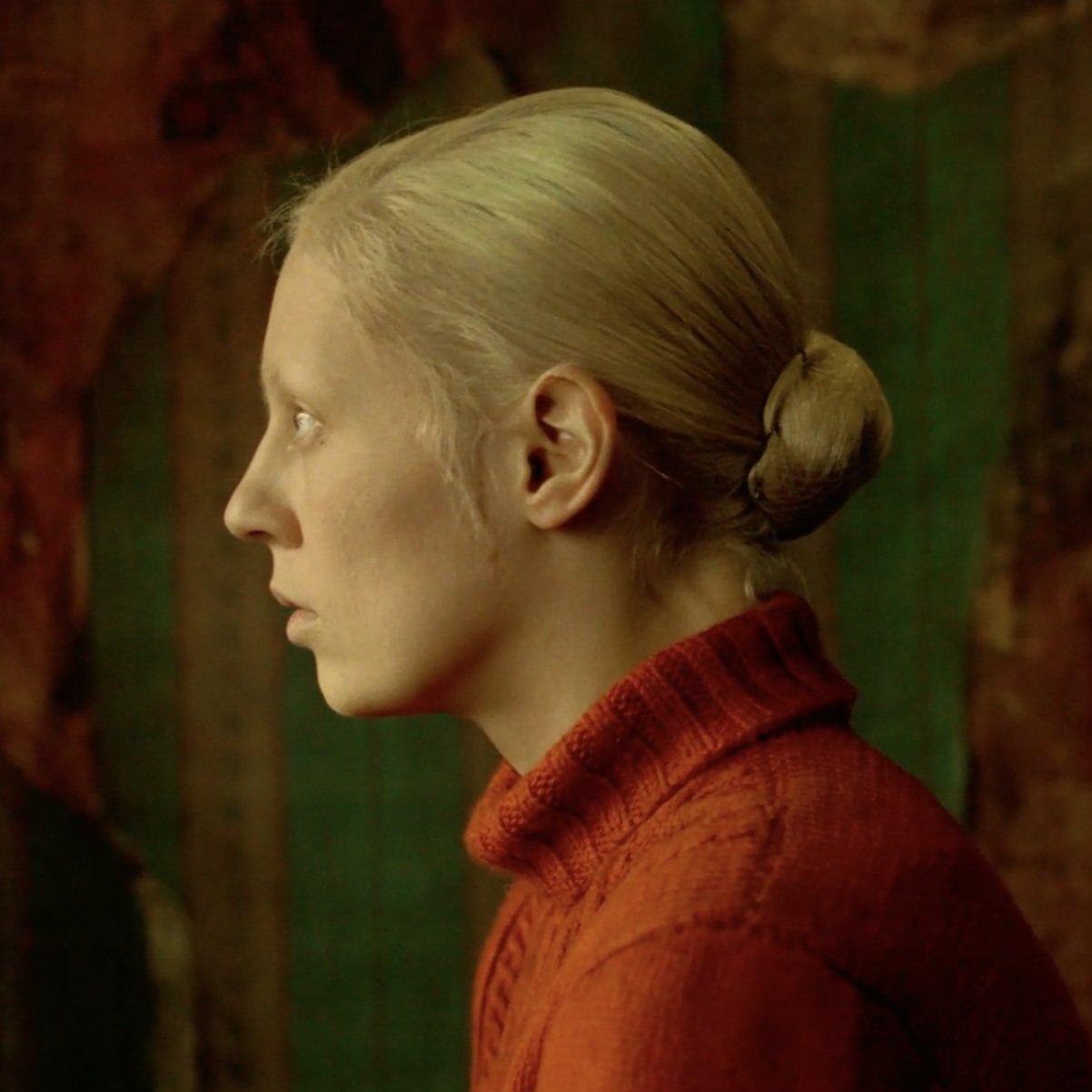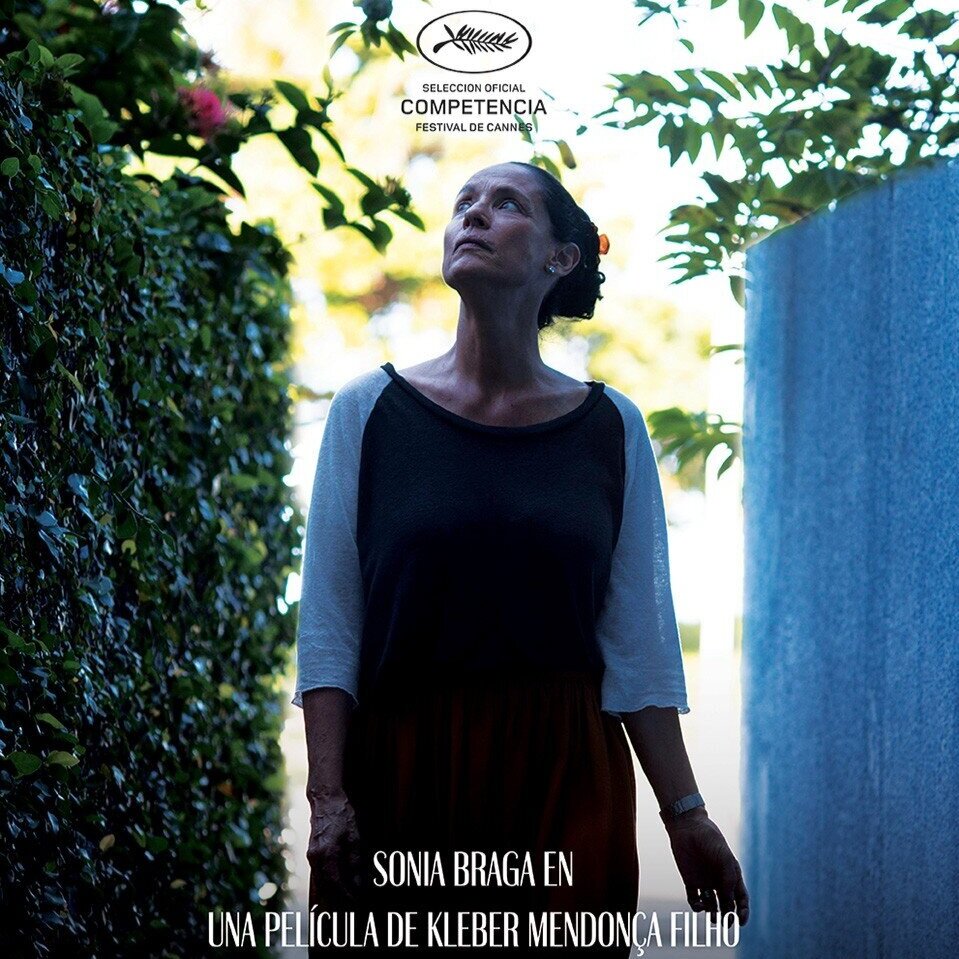Minari
In the past year, this country has faced a multitude of anti-Asian hate crimes and prejudice given the onset of COVID-19 lockdowns and quarantine. Given the current events that have faced the U.S., Minari’s release was a timely one, deserving recognition for its detailed look into the struggles and triumphs of a Korean family’s immigrant experience in America in the 80s. Minari stars Walking Dead alum Steven Yeun and South Korean actress Han Ye-ri who play a married couple that choose to immigrate to Arkansas with the aim of creating their own American dream: building a farm and a new life.
The film captures the classic immigrant story, but with its own unique elements. Jacob (Steven Yeun) and Monica (Han Ye-ri) first came to California working as chicken-sexers before moving to Arkansas with their two American-born children: mature older sister Anne (Noel Kate Cho) and young, innocent and bumbling David (Alan S. Kim). Life in Arkansas is not the ultimate dream for both Jacob and Monica, as the film often captures intense arguments and clashes over what is best for their family and for their children - a strong theme within the film and within many immigrant stories.
Much of the film’s narrative is seen through the eyes of young David. David serves as a nostalgic and reminiscent stand-in for Lee Isaac-Chung, Minari’s director, who grew up as a young boy on a farm in Arkansas and based the film on his own experiences as a child. Through David’s eyes, encounters in the film feel at times tinged with preciousness and dreamlike wonder. As the viewer is taken through the arc of the film, we feel the moods of awe, surprise, fascination, confusion, fear, and acquired understanding of the world as a young child of immigrant parents in a foreign place.
To me, one of the most powerful cruxes of the film is that of the relationship between David and his grandmother. At one point during the middle of the film she takes David on a walk to a nearby stream when she notices the (titular) Minari plant growing along the water’s edge. A plant native to East Asia, Chung explained in an interview with The Wrap that the plant acts as a metaphor for the immigrant story. The Minari plant grows well in its second year, after it has died and come back. It’s this small moment when David and his grandmother encounter the plant that I think really encapsulates the core message of the film, one that Chung states in an interview with Deadline:
“Later, you know, I started to see a lot of those connections—to immigration itself, and to the stories of the people who came over and planted themselves in the worst soils and started to thrive and grow. But underlying all of that, it’s less the immigration but the heart and sentiments, the relationships of the people doing that. If that makes sense.”
Culture clashes and assimilation are also two underlying premises to the film. In one scene, Jacob and his family attend a church service, where it is clear that many of the churchgoers in attendance have never seen an Asian family before. The camera shows that this family sticks out in not only appearance but also in firsthand acceptance. Jacob often tells his children, especially his son David, that they must do “American” things in order to fit in. They have to walk in a certain gait that he calls an “American walk.” Later on in the film, Monica’s mother comes from Korea to live with the family for a while. In one scene, David’s understanding of his own racial identity comes to light when he gets angry with his grandmother for not doing “American grandma things.” Instead of baking cookies for her grandchildren, she smokes, swears, and gambles - a mismatch to David’s own image of what a grandma in America should be doing.
In the states it seems we often feel the complexity and clash of cultural independence and assimilation, but how often do we articulate this struggle? In Minari we see that assimilation retains a strong presence in the lives of the Yi family, but at times it becomes obvious their desire to maintain some semblance of Korean cultural independence. For example, when looking for the best area to dig a well and access water, Jacob talks to his son about how crazy Americans believe in water dowsing as a sign of locating groundwater. He reminds David of how Koreans have located water for centuries, and how this will help them flourish their farm versus the myths that Americans have lived by. Moments like this captured on film help highlight the duality of cultural importance for immigrants in America — how one balances preservation of their ethnicity and culture within a new land characterized as a “melting pot”, asking those who come to adapt to a homogenous society.
In the end, Minari’s story is one that is universal, but for the historical and present moment that we exist in right now, in all its tumuluality, Minari brings the Asian-American story of immigraton and assimilation into the lives of many in a vicarious and heart-rending fashion. It is a film that we should be doting more on right now, as it reminds us that first-generation immigrants have voices and stories that deserve to be heard, especially at a time when Asians in America are vulnerable.
And so with this I look forward to Chung’s future projects, reminding myself that Minari’s spotlight is one that should not fade, but used to further express experiences of those less heard.
Popular Reviews
